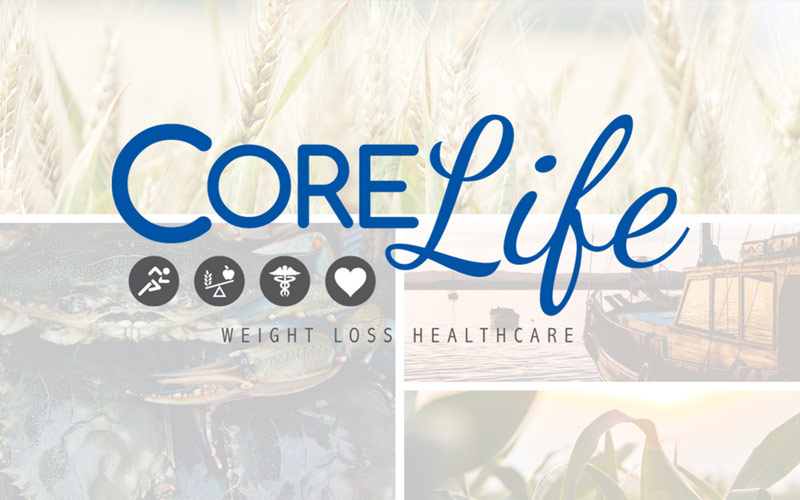Iodine is required by the body for the synthesis of thyroid hormones (T3 and T4), which are involved in the regulation of metabolism. The majority of natural iodine sources are found in the oceans, with the soil content varying by region. Without getting too technical, the thyroid gland pulls iodine from the blood to incorporate into thyroid hormones. These hormones are then released as needed into the body. Within the actual target cells of the body, like the liver and brain, the active thyroid hormone, T3, binds to cell receptors to help regulate gene expression. T4, the other major thyroid hormone, can be converted to the active form, T3. Through these processes, these two hormones help to control growth, development, reproductive function, and metabolism.
So, what does iodine have to do with it? Well, when iodine levels are low, T4 production is reduced. The body responds by trying to stimulate the thyroid, assuming that more needs to be made, But, because there is no iodine available, the low levels of T4 persist, resulting in overstimulation of the thyroid gland and compromises the ability of the thyroid hormones to do their very important metabolic regulation duties. This not only can cause developmental impairments in the brain, but in adults, can lead to fatigue, weight gain, cold intolerance, and constipation, as the body is unable to regulate its normal energy functions.
Ok, to summarize – thyroid hormones are necessary to regulate proper metabolism, among other major bodily functions. Iodine must be present for these thyroid hormones to be synthesized. Low/no iodine = low/no thyroid hormones = neurological developmental impairment, metabolic slow-down, and a myriad of other complications. So, where do we get our iodine?
Iodized table salt is a high source of iodine in this country’s diets. Other sources include cod, shrimp, tuna, cow’s milk, baked potato with the skin, and seaweed (seaweed, by the way, blows all the other options out of the water!). You may have heard people encouraging you to consume sea salt instead of table salt. In terms of overall health and with respect to iodine intake, this is a good recommendation. Table salt is salt that was mined from the ground, highly, highly processed, stripping away all minerals, and then has chemically constructed potassium iodide added in. This is not the natural form of iodine. In sea salt, true salt produced from sea water, not only is the natural iodine present, but so are an abundance of other trace minerals, which all interact together with your body to be utilized most effectively for overall health. Table salt, because it lacks this delicate balance of trace minerals, tends to throw your body out of whack (in terms of your very specific electrolyte balance). Think of it this way, you can drink apple juice or you can eat an actual apple. The former is a stripped-down version of the fruit, leaving you essentially with glorified sugar water and a glimmer of nutrients. The latter is full of fiber, a bit of protein, and all the vitamins and minerals nature intended. With respect to your health, the apple is always the better choice.
Iodine is not a magic pill. The take-away from this post is not that everyone should go get iodine supplements and they will magically lose weight. Not at all. But, iodine is important (just like every other trace mineral, element, nutrient, etc.) in helping you to achieve lasting, optimal health. The sources you choose to get your nutrients from are important. Just taking a pill to meet your daily vitamin needs and then eating junk, no matter what calorie restrictions you abide by, will not make or keep you healthy. The body was meant to process and expects whole, natural food. Iodine is just one piece of the overall health and wellness puzzle. Sea salt, along with the other whole food sources of iodine listed above, is a great way to make sure your body is getting the iodine and many other nutrients it needs.
Aubrey Phelps MS RDN
